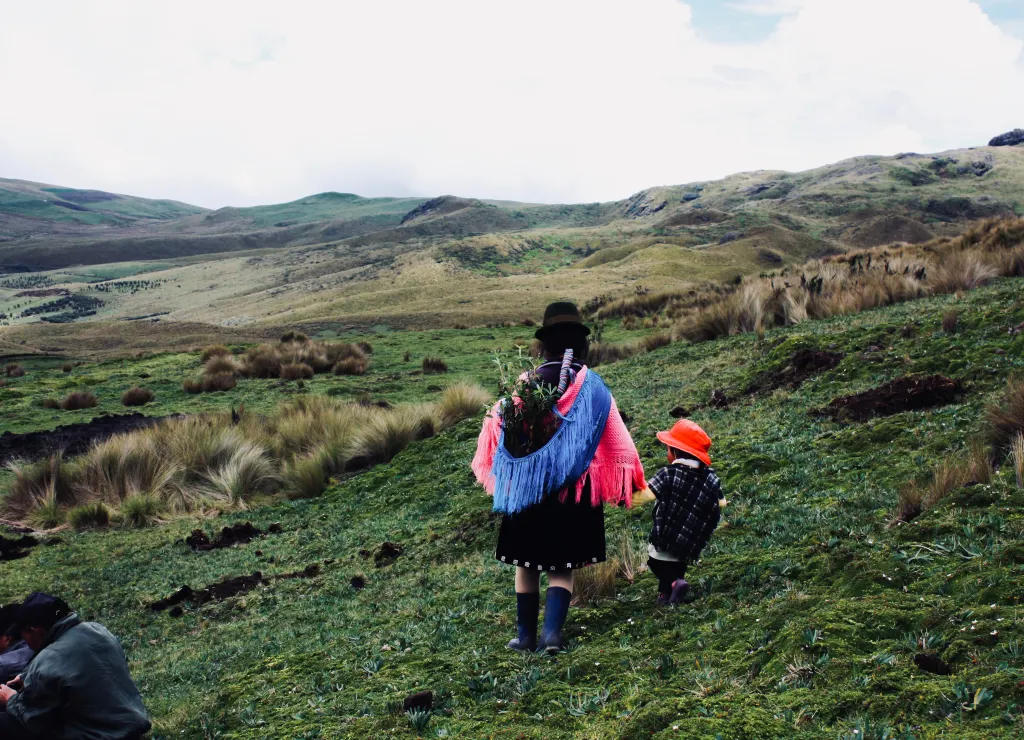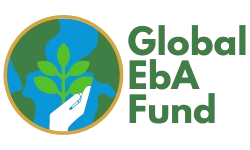Global EbA Fund Announces Thematic Track for its 6th Cohort: Indigenous & Traditional Knowledge in EbA

The Harnessing Nature to Build Climate Resilience: Scaling Up the Use of Ecosystem-based Adaptation report (UNEP, 2022) notes that Indigenous Peoples (IP), local communities, and women have the potential to lead global EbA efforts, benefiting from their dependence on ecosystems. Their extensive knowledge of local contexts contributes valuable insights to culturally appropriate localised EbA initiatives. However, their meaningful participation is often limited due to the dominance of national and international actors in adaptation planning and funding.
Incorporating indigenous and local knowledge systems into EbA practices is crucial for ensuring ecosystem resilience and community well-being. However, despite their recognised significance in shaping adaptation strategies, there is limited support for indigenous and traditional knowledge-driven EbA projects.
It is essential that through this thematic call, an integrated approach is adopted, whereby indigenous knowledge is linked with science, data, and socioeconomic development to make the projects catalytic and innovative. Ensuring a project’s alignment with the Action Pillars of the Fund will enable this connectivity.
Indigenous Peoples Organisations are strongly encouraged to apply. However, if an organisation is faced with capacity and due diligence limitations, the following guidance for this thematic call applies:
- The principal applicant should be a national or local NGO. INGOs can apply if they have a legal and operational presence in the country of implementation;
- It is compulsory to have an Indigenous Peoples Organisation as a project partner and as a sub-grantee;
- It is compulsory to have an internal capacity-building element as part of the project that focuses on project management, institutional strengthening, and an integrated approach that combines traditional knowledge, science, and data.
To apply under the Thematic track focused on Indigenous and Traditional Knowledge in EbA, applicants must demonstrate how their proposed project addresses one of the three Global EbA Fund strategic objectives and a maximum of two of three Action Pillars. While the Fund’s strategic objectives define the overarching aim and direction for the projects – the “What” of the Fund, the action pillars focus on “How” these can be reached within the scope of the Fund.
These action pillars are:
1) Levers for catalytic change (i.e. policy, education, financing);
2) Functional data & science; and
3) Innovations for adaptation.
The next cut-off date for the general and the Indigenous and Traditional Knowledge EbA tracks is 15 September 2023. Please consult our What We Fund page and the Grants Procedures Manual for more information on applicant eligibility. Additional questions can be directed to [email protected].
